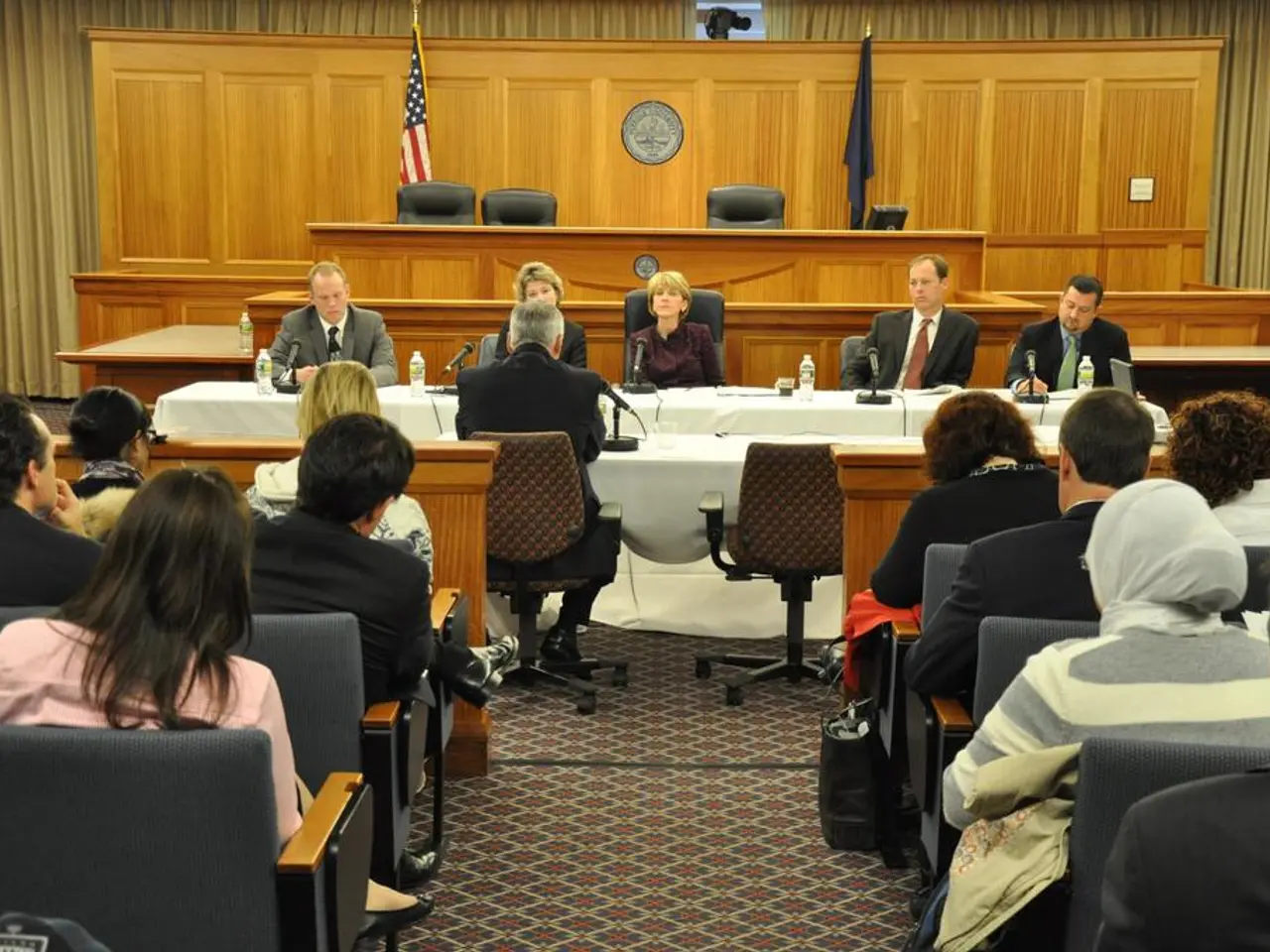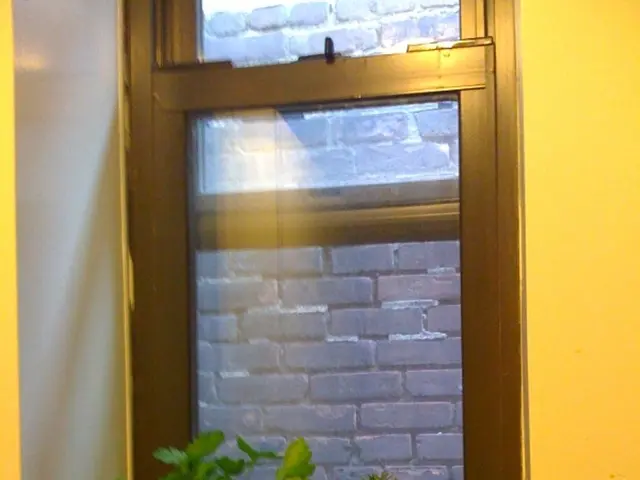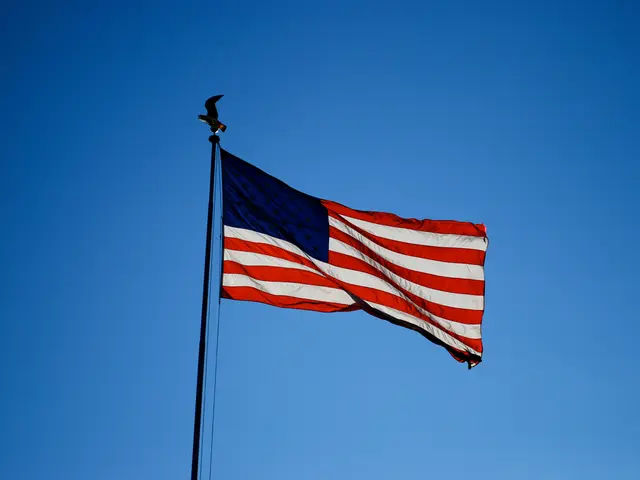Schleswig-Holstein Grants Muslims Two Additional Public Holidays
Schleswig-Holstein has granted Muslims two additional public holidays, marking the first day of Ramadan and Eid al-Adha. The decision, signed into a treaty with the Northern German Association of Islamic Cultural Centres (VIKZ), has sparked both praise and criticism.
The treaty, signed on September 24, 2025, also confirms VIKZ's right to run its own educational institutions and train imams, and paves the way for Islamic studies to be introduced as a regular school subject. VIKZ vice-chairman Muhlis Şahin welcomed the accord, stating 'Islam is a part of our social life' and has taken deep root in the region.
However, the move has drawn criticism from political opposition. The right-wing Alternative für Deutschland (AfD) denounced the treaty, with Lukas Rehm stating 'Enough is enough!' and the party's Cloppenburg-Vechta branch warning 'German culture is being sacrificed to ideology'. The liberal FDP's parliamentary leader, Christopher Vogt, also criticized the move, arguing that school lessons should not be missed for religious reasons and expressing concerns about imam training. Critics argue that Muslims now have more holidays than non-Muslims, sparking controversy.
Islamic scholar Susanne Schröter criticized the state's decision to partner with the conservative VIKZ, arguing that only ultra-conservative Muslim voices are heard in the German Islam debate.
Despite the criticism, Cultural Minister Dorit Stenke defended the deal, stating it formalises 'lived practice' and is an important sign of recognition and equal treatment of religious communities. The treaty marks a significant step in acknowledging the Muslim population's role in Schleswig-Holstein's society.






